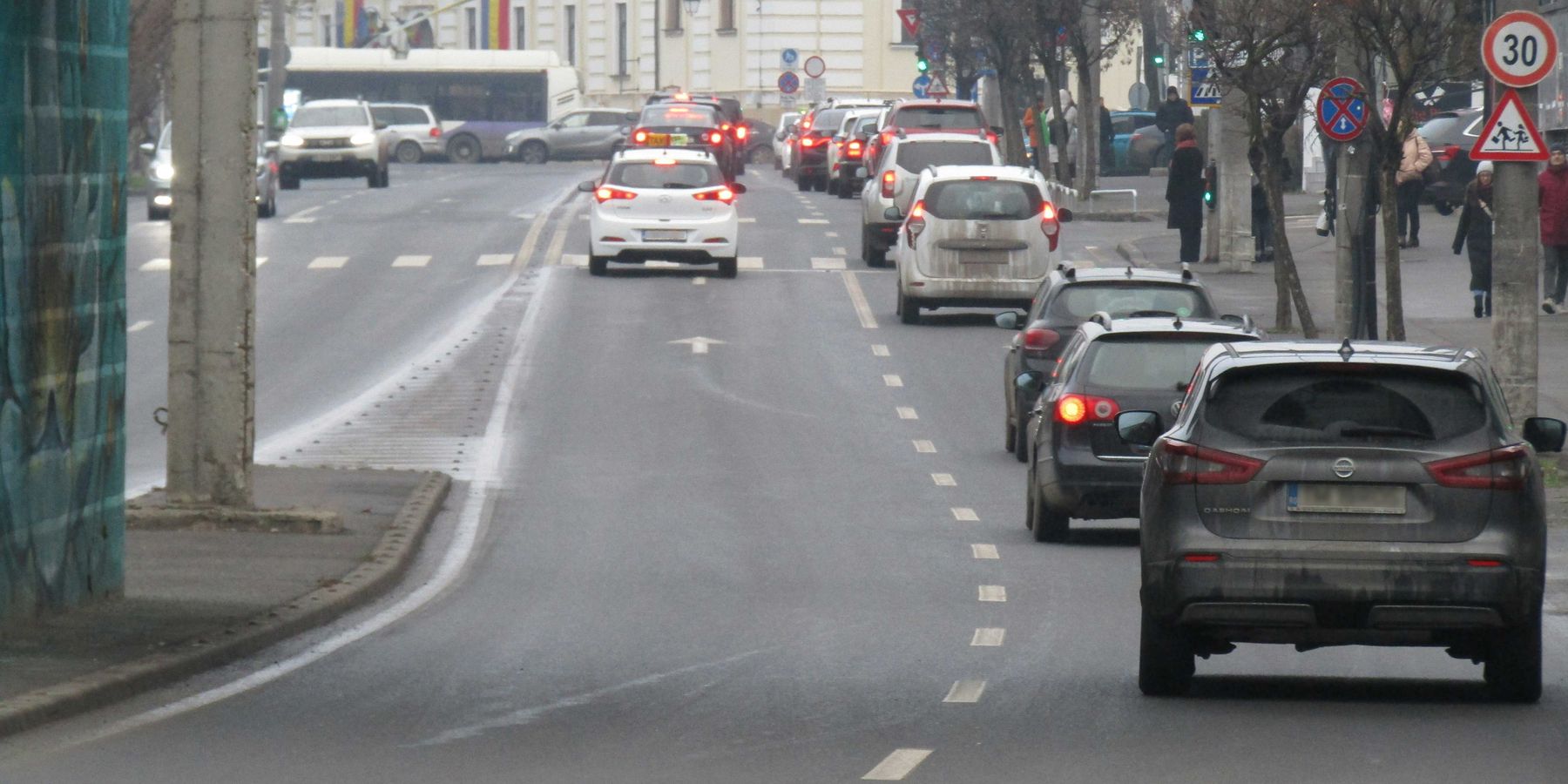Rewriting the Arab world's energy future
The Arab world is exploring renewable energy alternatives, moving away from fossil fuels while avoiding exploitative practices.
Lylla Younes reports for Grist in partnership with The Public Source.
In short:
- The Arab world, rich in oil and gas, is also a potential hub for renewable energy, with vast deserts ideal for solar power.
- Concerns arise over replicating exploitative fossil fuel practices in renewable energy projects, like land grabbing and disenfranchisement of local communities.
- Hamza Hamouchene's research and new book highlight the need for equitable energy transitions that benefit local populations.
Key quote:
"We want to move away from an extractivist, fossil fuel, environmentally destructive, socially exploitative system, to a more sustainable, just, and equitable system for all its members."
— Hamza Hamouchene, researcher and activist
Why this matters:
The transition to renewable energy in the Arab world is crucial for global climate goals and regional stability. It represents a significant shift in energy policy, with potential health benefits from reduced pollution and a more sustainable environment. How can this transition be made equitable for local communities, ensuring they aren't sidelined in the global push for green energy?
Be sure to read: Colonialism, the climate crisis, and the need to center Indigenous voices













